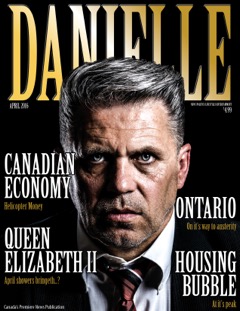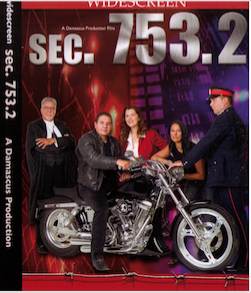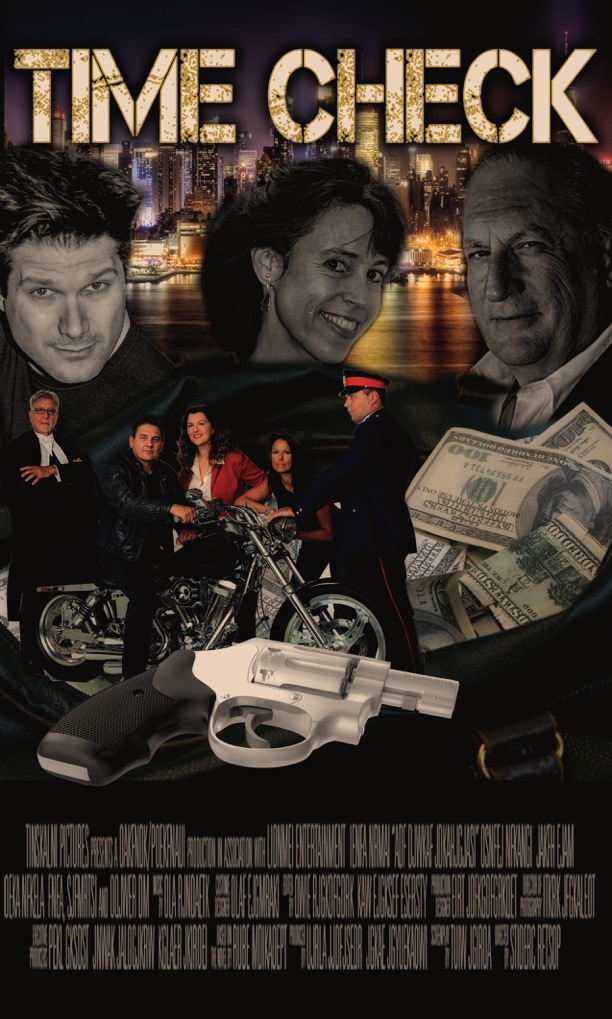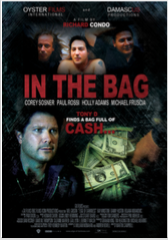Jane Clegg had been a military and commercial airline pilot in Canada for three decades. But she tears up talking about her last day on the job as a first officer at the controls of an Air Canada 737, on April 3, 2013.
Instead of the traditions reserved for retiring pilots she always assumed she’d experience, including the right to keep her uniform, she was asked to give hers back. She said goodbye to her passengers and walked over to the company’s flight operations control centre in Ottawa.
“Nobody was there to say thank you. No one was there to shake my hand. I simply went in with a garbage bag with my uniform in it, and placed it on the desk and walked away.”
They didn’t have training, they didn’t have sensitivity.— Former Air Canada pilot Jane Clegg
That’s because rather than retire, Clegg was resigning — a decision the woman who, in the 1990s was part of the military’s VIP squadron, flying the prime minister and members of the Royal Family, claims she was forced into by Air Canada’s mishandling of sexism she encountered on the job.
“I don’t think Air Canada is unsafe,” she said, but, “I don’t think they truly appreciate the impact that misogyny has on their female pilots.”
“It is definitely devastating to have had to end my career in the manner that I did.”
Affecting safety
She filed a complaint with the Canadian Human Rights Commission, and on Monday morning in Ottawa, a tribunal will begin hearing Clegg’s accusation that she only quit because Air Canada reacted poorly to a situation she believed was affecting safety.
“The difficulty in having the situation addressed had more to do with the fact that they just didn’t understand, they didn’t have training, they didn’t have sensitivity.”
Clegg points to the day she and a male pilot got into an angry exchange before a flight, because she insisted they needed more fuel. She believes his reaction was actually a response to having to share the controls with a woman. He had more seniority. She was taken off the flight crew and assigned to another route that day.
- Southwest pilot praised, but downplays emergency landing
- Air Canada, WestJet offer cheap basic economy fares for no-frills seekers
Out of more than 3,500 pilots employed at Air Canada less than six per cent, or 202, are women.
“There are probably still men who work for the airline and have never flown with a female,” she said.
Clegg didn’t file a formal complaint of gender harassment, and Air Canada says that’s why its zero-tolerance policy on sexual harassment wasn’t put into place.
Clegg, seen here in 1990, flew for the airline and the military for three decades — and was part of the latter’s VIP squadron, flying the prime minister and members of the Royal Family. (Jane Clegg)
‘Book-around’ system
Instead, the airline considered the issue a personality conflict and suggested Clegg use the company’s “book-around” system to manage the situation.
It meant the onus was on her to switch her flights, sometimes to lesser routes, for less pay.
She says she’s not the only female pilot put in that position.
‘I failed to help them understand that there’s a difference between not liking somebody and somebody who is intentionally diminishing your professional standing’— Jane Clegg
“I know there are female pilots at Air Canada who are altering their own personal work schedules to avoid having to share the small confines of an aircraft flight deck with somebody who’s treating them inappropriately,” Clegg said.
Air Canada said in a statement it has a zero-tolerance policy for harassment and wouldn’t have suggested she work around the male pilot if it had known she considered the conflict to be about gender.
“I think they see misogyny and harassment more through the lens of personality,” Clegg said, believing the airline equated the situation to “two guys who just don’t get along.
“And I failed to help them understand that there’s a difference between not liking somebody and somebody who is intentionally diminishing your professional standing — simply because of your gender.”
- ANALYSIS | How the high-flying job of a pilot lost its glamour
- Air Canada flight staff graded on appearance, sexually harassed by management, union alleges
Claiming the the situation became untenable, affecting decisions on safety, Clegg quit.
She will argue before a public tribunal that the airline needs to improve its policies on gender harassment and that she should be reinstated.
“As somebody who’s been in the aviation industry for a very, very long time there were women that came before me that paved the way for my career to be what it was. And, I very much want my legacy to be that my career paved the way for younger generations of women to be able to enjoy a better work experience than than I do,” Clegg said.
The hearings are expected to take place in Ottawa over several weeks.
















